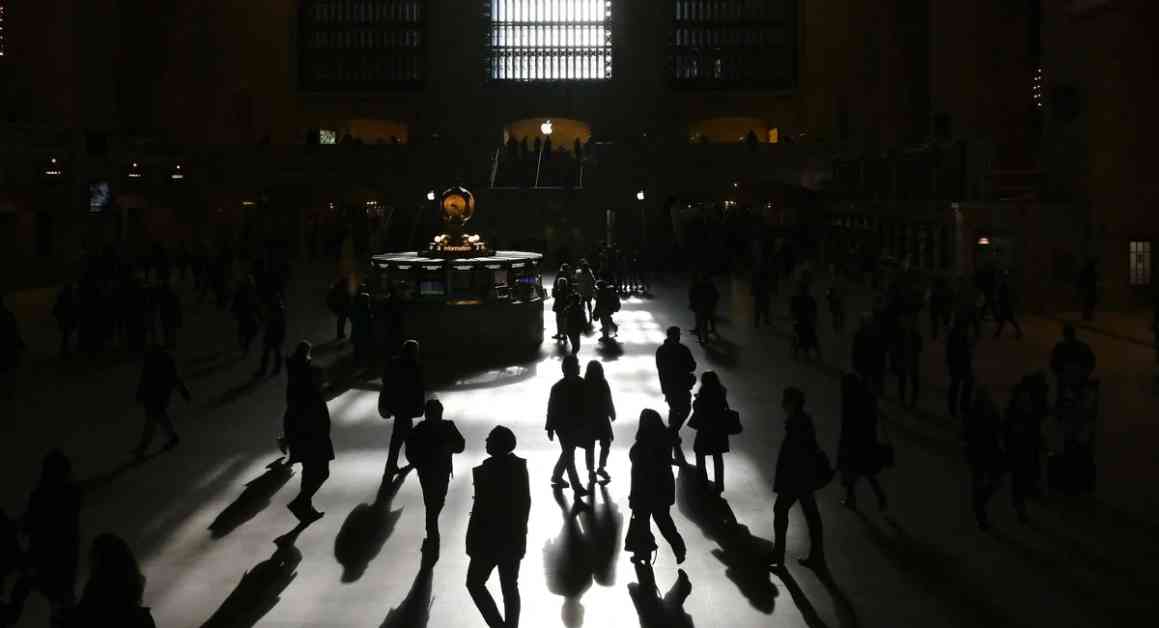As Daylight Saving Time approaches in NYC, we are faced with the annual tradition of losing an hour of sleep while gaining more daylight. While many of us may overlook the impact of this time change, scientists warn that it can be dangerous and unhealthy. The clocks will spring forward by an hour at 2 a.m. on Sunday, becoming 3 a.m. We’ve gathered insightful information and advice to help you navigate this biannual adjustment safely.
Sleep Health: The Science Behind Daylight Saving Time
Sleep is a vital aspect of our well-being, yet it often gets neglected in our fast-paced lives. Renowned sleep scientist Matthew Walker, author of “Why We Sleep,” delves into the critical functions, history, and essential nature of sleep. Through his research, he highlights the alarming impact of Daylight Saving Time on our health.
Global hospital studies have revealed a concerning trend – a 24 percent increase in heart attacks on the day when clocks spring forward in March, resulting in a loss of sleep. Conversely, there is a decrease in heart attacks when we fall back in the autumn. Walker’s findings also point to a correlation between the time change and traffic accidents, with spikes and declines corresponding to the loss or gain of an hour’s sleep each year.
In his book, Walker emphasizes the significance of adequate sleep, stating that even a single night of reduced sleep can have profound consequences. It’s a reminder that our sleep patterns directly impact our overall health and well-being. As we approach Daylight Saving Time, it’s crucial to prioritize our sleep and make adjustments to mitigate its effects on our bodies.
Staying Safe During the Time Change
As we adjust our clocks and schedules, it’s essential to take proactive steps to safeguard our well-being. One recommendation is to ease into the time change gradually, rather than abruptly shifting your sleep pattern. Consider starting with a half-hour adjustment to your wake-up time to help your body acclimate smoothly. Additionally, taking naps strategically can help alleviate the effects of sleep deprivation, both during the time change and throughout the year.
The New York State Partnership Against Drowsy Driving is urging drivers to remain vigilant, particularly during the darker mornings following the time change. Statistics from the previous year revealed over 3,000 crashes in New York State attributed to fatigued driving or instances where drivers fell asleep at the wheel. By raising awareness about the dangers of drowsy driving, organizations aim to reduce the risk of accidents and promote road safety.
In the spirit of preparedness, the Red Cross of Greater New York suggests using this time to check and replace batteries in your fire alarms. Ensuring that you have working smoke alarms on every level of your home can significantly decrease the risk of home fire fatalities. By taking these simple yet crucial steps, you can create a safer living environment for yourself and your loved ones.
As we navigate the transition into Daylight Saving Time, let’s prioritize our sleep, safety, and well-being. By being mindful of the potential impacts of the time change and taking proactive measures to mitigate them, we can ensure a smoother adjustment and a healthier start to the new season. Good morning, and may you approach this time change with awareness and care for yourself and those around you.












